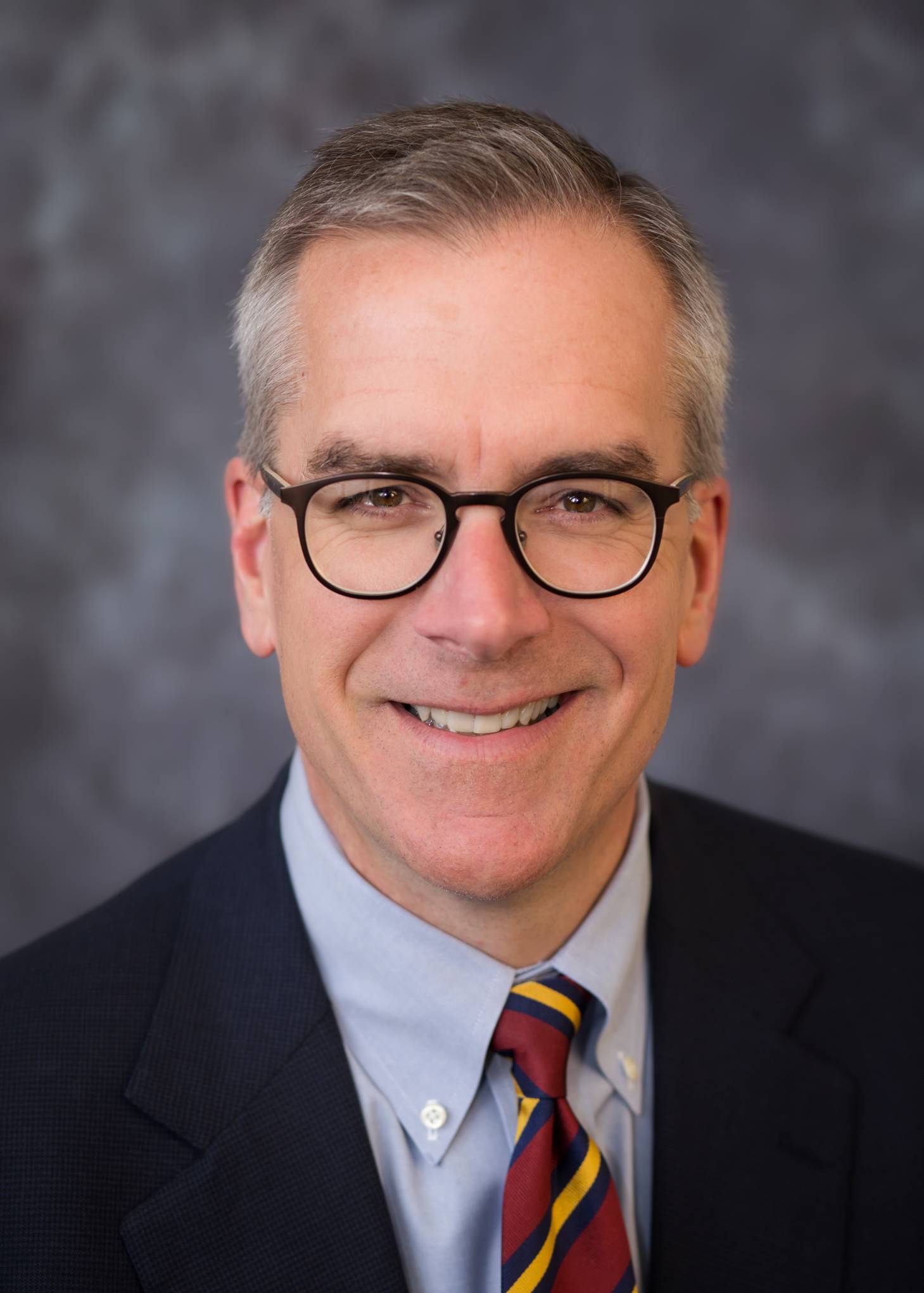Focusing on What Matters Most: Demystifying Data to Make it Work for You
An increasing number of national and international imperatives1 2 identify interprofessional collaborative practice and education transformation as a primary strategy to improve healthcare outcomes, especially among those who experience inequities in their ability to achieve their full health potential. These imperatives often don’t address the practical barriers healthcare teams face in collecting the data needed to understand the complex interactions between individuals, health teams, technology and workflows to inform decisions about strategies to design and implement new care models and assess outcomes of their patients and their interprofessional teams.
During this plenary, Connie Delaney, PhD, RN, FAAN, FACMI, FNAP, Dean, School of Nursing, former associate director, Clinical Translational Science Institute – Biomedical Informatics, and Knowledge Generation lead for the National Center, and Christine Arenson, MD, family physician and National Center co-director, will break down some of the key strategies that can be utilized to access both practice and education data, including data already being collected within a care setting and turn it into actionable data to advance local goals. Through an interactive dialogue, Dr. Delaney, an internationally recognized informaticist, and Dr. Arenson, a family physician that helped lead the implementation of an advanced primary care practice transformation across nearly 100 practices, will share practical examples to illustrate how existing data can be converted into actionable data.
The National Center has developed a toolkit that includes standardized, easy to collect information to inform team processes, attainment of interprofessional competencies, and an understanding of the clinical practice and learning environments. This data is complemented with existing practice data on patient experience and health outcomes for people and organizations. This allows a real-time, 360- degree view of what is working and what needs ongoing enhancement as teams and organizations seek to continuously improve their education and delivery strategies to achieve outcomes that matter most.
A case study featuring the Health Resources and Services Administration (HRSA)- funded Minnesota Northwest Geriatrics Workforce Enhancement Program (GWEP) will highlight how a multi-site primary care practice transformation effort is using the National Center tools, realizing the importance of comparable data in order to evaluate and advance their progress in developing teams while working toward patient outcome and practice sustainability goals.
Learning Objectives:
- Identify key strategies that can be utilized to access both practice and education data, including data already being collected within a care setting, and turn it into actionable data to advance local goals
- Describe the difference between traditional research and informatics/big data approaches
- Discuss how informatics/big data approaches can be applied within the Nexus of practice and education
1 National Academies of Sciences, Engineering, and Medicine 2021. The Future of Nursing 2020-2030: Charting a Path to Achieve Health Equity. Washington, DC: The National Academies Press. https://doi.org/10.17226/25982.
2 National Academies of Sciences, Engineering, and Medicine. 2021. Implementing high-quality primary care: Rebuilding the foundation of health care. Washington, DC: The National Academies Press. https://doi.org/10.17226/25983.
In support of improving patient care, this activity is planned and implemented by The National Center for Interprofessional Practice and Education Office of Interprofessional Continuing Professional Development (OICPD). The OICPD is accredited by the Accreditation Council for Continuing Medical Education (ACCME), the Accreditation Council for Pharmacy Education (ACPE), and the American Nurses Credentialing Center (ANCC) to provide continuing education for the healthcare team.
As a Jointly Accredited Provider, the OICPD is approved to offer social work continuing education by the Association of Social Work Boards (ASWB) Approved Continuing Education (ACE) program. Organizations, not individual courses, are approved under this program. State and provincial regulatory boards have the final authority to determine whether an individual course may be accepted for continuing education credit. The OICPD maintains responsibility for this course. Social workers completing this course receive continuing education credits.
This activity was planned by and for the healthcare team, and learners will receive Interprofessional Continuing Education (IPCE) credit for learning and change.


Physicians: The National Center for Interprofessional Practice and Education designates this live activity for AMA PRA Category 1 Credits™.
Physician Assistants: The American Academy of Physician Assistants (AAPA) accepts credit from organizations accredited by the ACCME.
Nurses: Participants will be awarded contact hours of credit for attendance at this workshop.
Nurse Practitioners: The American Academy of Nurse Practitioners Certification Program (AANPCP) accepts credit from organizations accredited by the ACCME and ANCC.
Pharmacists and Pharmacy Technicians: This activity is approved for contact hours.
Social Workers: As a Jointly Accredited Organization, the National Center is approved to offer social work continuing education by the Association of Social Work Boards (ASWB) Approved Continuing Education (ACE) program. Organizations, not individual courses, are approved under this program. State and provincial regulatory boards have the final authority to determine whether an individual course may be accepted for continuing education credit. The National Center maintains responsibility for this course. Social workers completing this course receive continuing education credits.
IPCE: This activity was planned by and for the healthcare team, and learners will receive Interprofessional Continuing Education (IPCE) credits for learning and change




